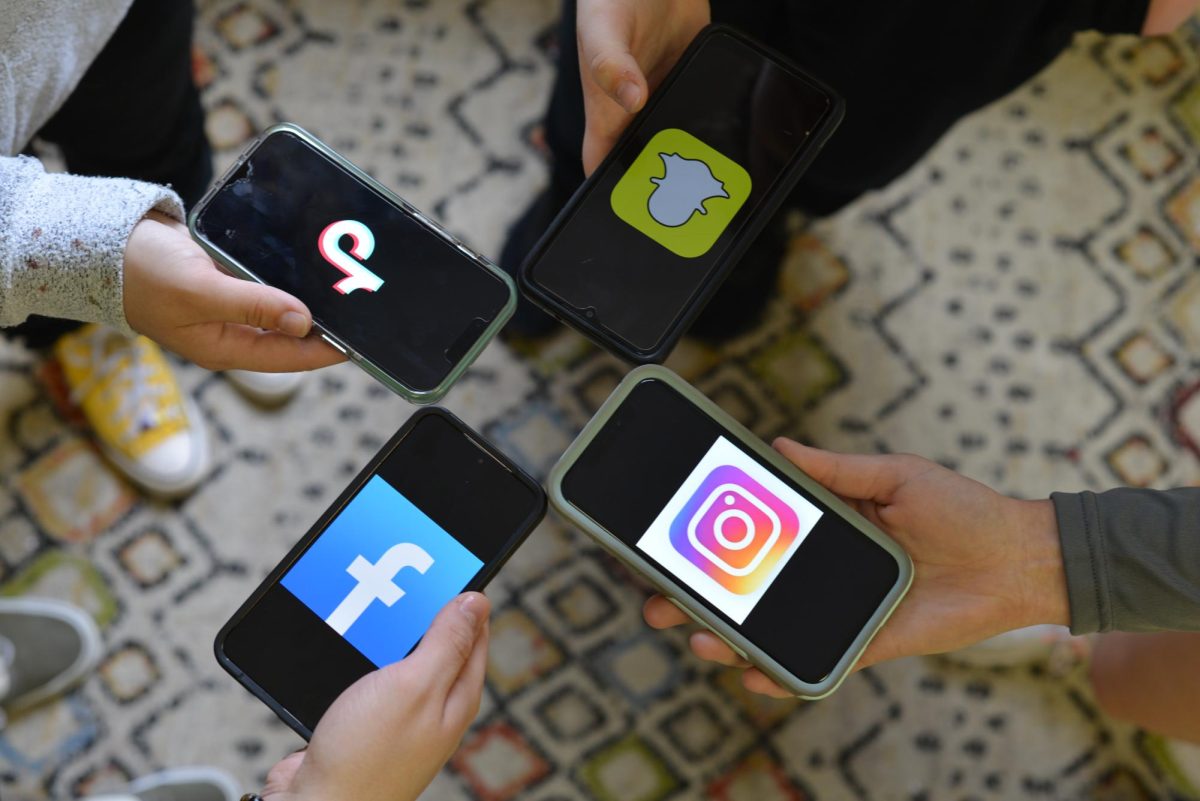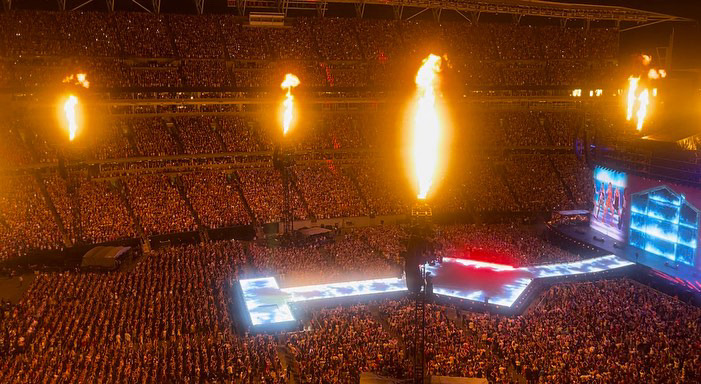“When did the future switch from being a promise to being a threat?” author Chuck Palahniuk once asked. So, tell me, when did it?
We live in an era defined by electronic communication. Ours is the age of automatic writing – computers can literally fit in the palm of our hands, and the sheer idea of hunching over a typewriter is relatable to painting in a cave. New technology is obsolete before it even gets a chance to prove itself worthy – we are constantly moving forward. But it’s for the best, right? The immediate gratification of a text message or Facebook notification is certainly preferable to, say, the Pony Express. Modern social media allows humans to connect in ways that were unthinkable 100 years ago. This connection played a key role in sparking both the recent uprisings in Egypt and the violent street riots in London – illustrating to the world the way in which these modern advancements can act as powerful force for both good and bad – and how we will blame technology just as quickly as we will thank it when something goes wrong.
Two different Facebook pages created in response to the death of two different men (both believed to be unjustly targeted by authorities) added ammunition to two significantly different movements. Egypt’s uprising in Tahrir Square was inevitable, considering the decades of oppression, corruption and unemployment its people suffered under the rule of a dictator. For many young (and old) Egyptians – Facebook and Twitter were used as tools to spread information and justify the desires of thousands for protest and revolution. They came together as people of different religions and backgrounds, and they came in peace. The people didn’t have to feel alone – they could view themselves as a part of a much broader movement. Unfortunately, the young rioters in Britain might have seen the Egyptian movement as justification for their own rebellion – and it could have been – if they had gone about it in the right way. But they didn’t, so to even compare the two seems almost insulting to the people of Egypt.
Now, I’m not saying the people of London didn’t have reasons to protest, and I’m not saying that they should just sit down, shut up and accept any sort of social or economic injustice – but in all honesty, violence is not, has never been, and will never be the answer. Yeah, they created chaos, they got the press coverage they wanted, they demonstrated their unhappiness to the world – but they did it with brutality and destruction. So, in the end, the world saw the young protestors as little more than ruffians who got a kick out of looting and burning and generally being pests. The only real similarity between the riots of London and those in Egypt was the effective – though not necessarily admired – use of social networks and the modern media. Londoners apparently utilized BlackBerry® Messenger and Twitter to spread information about when and where riots would occur.
But the thing is, social unrest existed long before the invention of the iPad – riots and protests had never enlisted the help of mass texts before – and yet they still happened. These we’re now seeing on the news were already on the verge of an uprising, and maybe mass communication was just the necessary ingredient. They were just waiting for the future. So, maybe that’s why it is so easy to pass of blame onto social networking – because it’s still new, because it’s still more unfamiliar than we’re willing to admit, and because what the future presented was not exactly what the future promised. When it helps overthrow a totalitarian government and establish a free, democratic nation, we praise it. But when used to promote and ignite violence, it is dangerous and feared. Peace cannot exist without chaos, and vice versa – so it seems. The thing is, we’re terrified to admit that we’re terrified – so we move forward and we create new technology and we keep communicating. The future is a threat, but we’re strong enough – or maybe just stupid enough – to face it.








